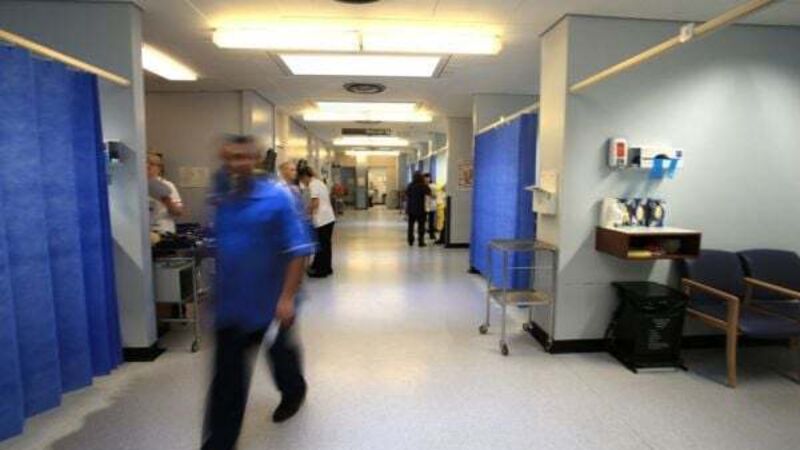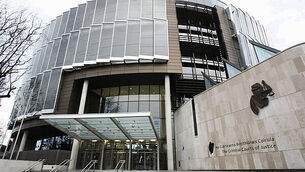Ireland faces 'cancer epidemic' after 1m cases missed across Europe during Covid

Nina Massey, PA
An estimated one million cancer diagnoses were missed across Europe in the last two years, and a new report suggests the impact of Covid-19 could set back cancer results by almost a decade.
Researchers say the pandemic has exposed weaknesses in cancer health systems and in the research landscape across the continent.
They argue the issues need to be addressed as a matter of urgency.
In the report, researchers emphasise that prioritising cancer research is crucial for the delivery of more affordable, better, and equal care.
The report sets a target of achieving 70 per cent 10-year survival for all European cancer patients by 2035.
Patients treated in research hospitals have better outcomes than those who are not, a new commission from The Lancet Oncology, “European Groundshot—addressing Europe’s cancer research challenges”, reports.
The study also finds Brexit will continue to negatively impact European cancer research unless European funders/research community and the UK government/research community find a way for continued collaboration.
Additionally, it calls for a doubling of the European cancer research budget, as well as prioritisation of underserved cancer research areas, including prevention and early diagnosis, radiotherapy and surgery, action on gender equality, and a deeper focus on survivorship.
Report co-lead, Professor Richard Sullivan at King’s College London, said: “UK cancer research in the post-Brexit world stands at a crossroads where strategic decisions will determine whether we continue to thrive and partner internationally or whether isolationism will reduce our world standing.
“If the UK is not involved in EU collaborative cancer research and not part of Horizon Europe’s research community, this will have an extremely detrimental effect on European cancer research activity.
“Ultimately, patients with cancer will pay the price for this decision in terms of healthcare outcomes.”
'Race against time'
Professor Mark Lawler, Queen’s University Belfast, and chairman and lead author of the commission, said: “With the backdrop of the Covid-19 pandemic, Brexit, and the Russian invasion of Ukraine, it is more important than ever that Europe develops a resilient cancer research landscape to play a transformative role in improving prevention, diagnosis, treatment, and quality-of-life for current and future patients and those living beyond cancer.
He added: “We estimate that approximately one million cancer diagnoses were missed across Europe during the Covid-19 pandemic.
“We are in a race against time to find those missing cancers.
“Additionally, we saw a chilling effect on cancer research with laboratories shut down and clinical trials delayed or cancelled in the first pandemic wave.
“We are concerned that Europe is heading towards a cancer epidemic in the next decade if cancer health systems and cancer research are not urgently prioritised.
“Our European Groundshot Commission provides crucial findings on the current landscape of cancer research, exposes the key gaps, and demands the prioritisation of European cancer research agendas over the next decade.”
Dr Lynn Turner, director of research, Worldwide Cancer Research, said: “We are concerned to see that the Lancet Oncology Commission predicts Europe is heading towards a cancer epidemic in the next decade, but we welcome the call for the European cancer research budget to double in order to address this.
“The report sets an ambitious target of achieving 70 per cent 10-year survival for all European cancer patients by 2035.
“As the only UK charity funding discovery cancer research anywhere in the world, into any cancer type, Worldwide Cancer Research is proud to support innovative new ideas and ensure that the pipeline of future cancer cures doesn’t run dry.”
The commission analysed data on the impact of coronavirus across Europe and found that clinicians saw 1.5 million fewer patients with cancer in the first year of the pandemic.
While one in two patients with cancer did not receive surgery or chemotherapy in a timely manner.
Additionally, 100 million cancer screening tests were missed, and it is estimated that up to one million European citizens might have an undiagnosed cancer due to the backlog, the report published in Lancet Oncology found.









